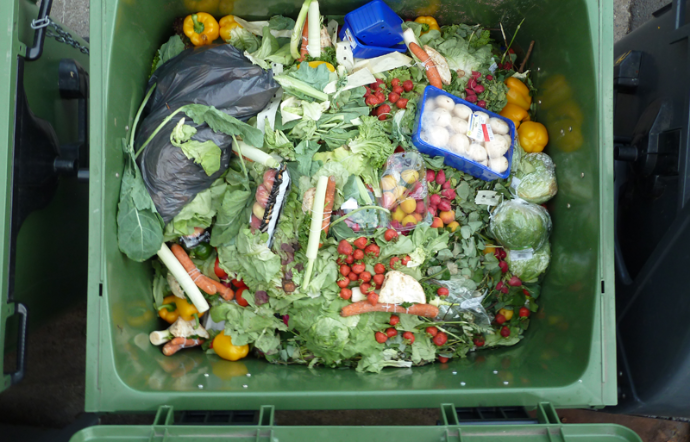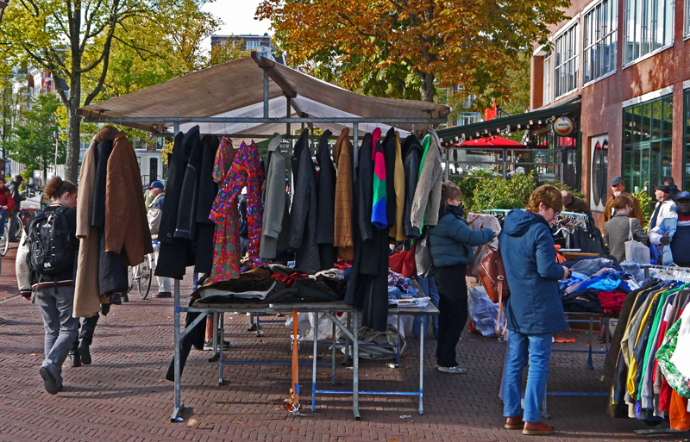Waste
Waste management plays a crucial role in reducing carbon emissions, conserving resources, and promoting a circular economy. Parish and town councils can lead by example by encouraging waste reduction, reuse, and recycling initiatives. Local schemes such as community fridges, repair cafés, and textile swap shops can significantly reduce waste while fostering community engagement and sustainability.

Reducing Food Waste and Supporting Local Production
Food waste is a major contributor to greenhouse gas emissions, and councils can help prevent surplus food from being discarded while addressing food insecurity. Community fridges and food-sharing networks enable redistribution of excess food, benefiting residents and businesses alike.
Actions for Councils:
-
Establish community fridges and food pantries in partnership with local businesses and charities.
-
Support community composting schemes to encourage food waste reduction and soil regeneration.
-
Promote sustainable food initiatives such as local markets, community-supported agriculture, and urban farms.
-
Provide educational resources on meal planning, food preservation, and reducing household food waste.
Useful links:
-
Love Food Hate Waste – Tips on Reducing Food Waste
-
Hubbub Foundation – Community Fridge Network
-
Local Food Campaigns – Sustainable Food Networks

Clothing Waste
The fashion industry is one of the biggest contributors to global waste and pollution, with millions of tonnes of textiles ending up in landfills each year. Encouraging second-hand shopping, clothing swaps, and textile recycling can reduce waste and support circular economy principles.
Actions for Councils:
-
Promote clothing swaps, charity shops, and second-hand sales as an alternative to fast fashion.
-
Support textile recycling schemes to ensure unwanted clothes are repurposed instead of going to landfill.
-
Work with local schools and businesses to encourage uniform reuse schemes and corporate clothing donations.
-
Raise awareness of the environmental impact of textile waste through community education.
Useful links:
-
Recycle Now – Clothing and Textile Recycling
-
WRAP – Sustainable Fashion and Clothing Waste Reduction
-
The Salvation Army – Textile Recycling

Electronic Waste (E-Waste)
Electronic waste is a growing environmental problem, with discarded devices contributing to pollution, toxic waste, and resource depletion. Councils can help ensure responsible disposal and encourage repair and reuse schemes.
Actions for Councils:
-
Promote repair cafés where residents can fix broken electronics instead of discarding them.
-
Organise e-waste collection events for safe disposal of old electronics.
-
Work with recycling companies to provide public drop-off points for electronic waste recycling.
-
Encourage businesses and schools to donate outdated but functional computers and phones to community projects.
Useful links:
-
The Restart Project – Repairing Electronics to Reduce Waste
-
Recycle Now – E-Waste Recycling Guide

Solutions: Buying Second-Hand and Swapping
Encouraging reuse and swapping of goods reduces waste and promotes a circular economy. Councils can support community-led initiatives.
Actions for Councils:
-
Set up swap shops for books, clothes, furniture, and toys.
-
Promote online platforms for local buying and selling to reduce the environmental impact of long-distance shipping.
-
Organise "Give and Take Days", where residents can donate and collect unwanted items for free.
-
Support furniture upcycling projects, offering workshops on refurbishing and repurposing old furniture.
Useful links:
-
Freecycle UK – Community Sharing Network
-
Gumtree – Second-Hand Buying and Selling
-
The Restart Project – Encouraging Repair and Reuse

Tetbury Town Council
Established a Community Fridge to redistribute surplus food, thereby reducing waste and supporting residents in need. This initiative not only addresses food waste but also fosters community engagement and assistance. Read more

Abingdon-on-Thames Town Council
Organized a Clothes Swap event, encouraging residents to exchange gently used clothing items. This initiative promotes sustainable fashion practices, reduces textile waste, and offers an affordable way for the community to refresh their wardrobes. Read more

Wellingborough Town Council
Launched a campaign to Reduce Clothing Waste, urging residents to donate, repair, and recycle clothing. The council provided resources on local donation centers, repair workshops, and recycling facilities to encourage sustainable clothing practices. Read more